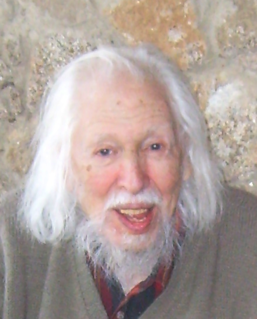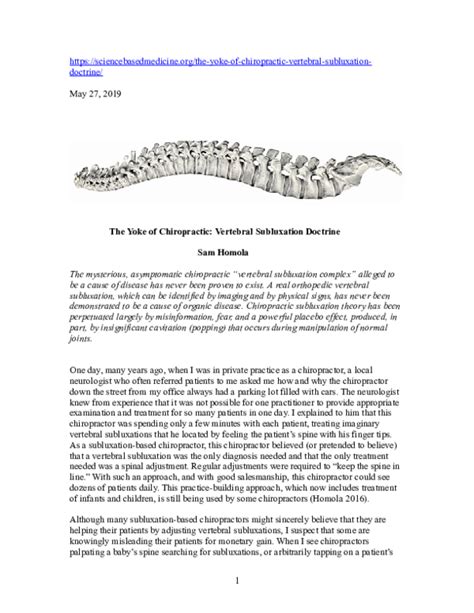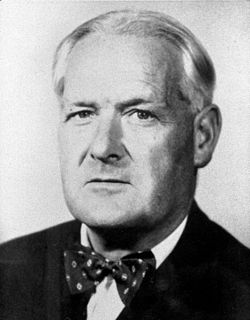A Quote by Francis Collins
The tragedy of young-earth creationism is that it takes a relatively recent and extreme view of Genesis, applies to it an unjustified scientific gloss, and then asks sincere and well-meaning seekers to swallow this whole, despite the massive discordance with decades of scientific evidence from multiple disciplines. Is it any wonder that many sadly turn away from faith concluding that they cannot believe in a God who asks for an abandonment of logic and reason?
Quote Topics
Abandonment
Any
Asks
Away
Believe
Cannot
Concluding
Creationism
Decades
Despite
Disciplines
Earth
Evidence
Extreme
Faith
Genesis
Gloss
God
Logic
Many
Massive
Meaning
Multiple
Reason
Recent
Relatively
Sadly
Scientific
Scientific Evidence
Seekers
Sincere
Swallow
Takes
Then
Tragedy
Turn
Unjustified
View
Well
Well-Meaning
Whole
Wonder
Young
Related Quotes
The fundamental characteristic of the scientific method is honesty. In dealing with any question, science asks no favors. ... I believe that constant use of the scientific method must in the end leave its impress upon him who uses it. ... A life spent in accordance with scientific teachings would be of a high order. It would practically conform to the teachings of the highest types of religion. The motives would be different, but so far as conduct is concerned the results would be practically identical.
I have characterized Ross as exemplifying an extreme position among theistic scientists. However, he is not so extreme as to promote the scientifically unsound notions of the young-Earth creationists and other anti-evolutionists ... They are so far off the scale that their scientific claims need not be taken seriously. Their distortions and misrepresentations of the scientific facts are not consistent with their self-righteous claims of acting to protect all that is good and moral.
Neither logic nor scientific evidence supports such a belief. Although spinal manipulation can relieve certain types of back pain, neck pain, and other musculoskeletal symptoms, there is no scientific evidence that it can restore or maintain health. As a result of expressing my opinion on this subject, I have been called a chiropractic heretic.
All scientific work is incomplete - whether it be observational or experimental. All scientific work is liable to be upset or modified by advancing knowledge. That does not confer upon us a freedom to ignore the knowledge we already have, to postpone action that it appears to demand at a given time. Who knows, asks Robert Browning, but the world may end tonight? True, but on available evidence most of us make ready to commute on the 8:30 next day.
Any more questions?" I ask, poking him gently in the ribs. "Do you still love me any?" Eliot asks, putting his hand over mine. "A little." "A little?" he asks, pulling away from me. "A lot." "How much?" he asks. "More than chocolate chip cookies." "Mmm" he says, kissing my shoulder. "More than walking on the beach." Eliot kisses me on the neck. "More than . . ." I pause, turning to look at him. "More than?" he asks, kissing my lips. I turn toward him. "Anything.
Scientific evidence for God's existence is being claimed today by theists, many of whom carry respectable scientific or philosophical credentials. He who is neither a she nor an it supposedly answers prayers and otherwise dramatically affects the outcome of events. If these consequences are as significant as believers say, then the effects should be detectable in properly controlled experiments.
This last chapter .. may have given the impression that somehow man is the ultimate triumph of evolution, that all these millions of years of development have had no purpose other than to put him on earth. There is no scientific evidence whatever to support such a view and no reason to suppose that our stay here will be any more permanent than that of the dinosaur.
I wish there was a serious investigation into flying saucers that wasn't conducted by crackpots. Unfortunately nearly all of the people who are interested in them kind of manufacture the evidence to fit the theories rather than the other way around. So it's very hard to find any dispassionate treatment of them. Maybe there isn't any scientific basis in which case that's why you never see any scientific evidence.



































